Meringues
Light, crisp, and beautifully sweet – homemade Meringues are a true classic. This easy Meringue recipe uses just egg whites and sugar for perfectly glossy shells that melt in the mouth, and work perfectly for pavlova and Eton mess.
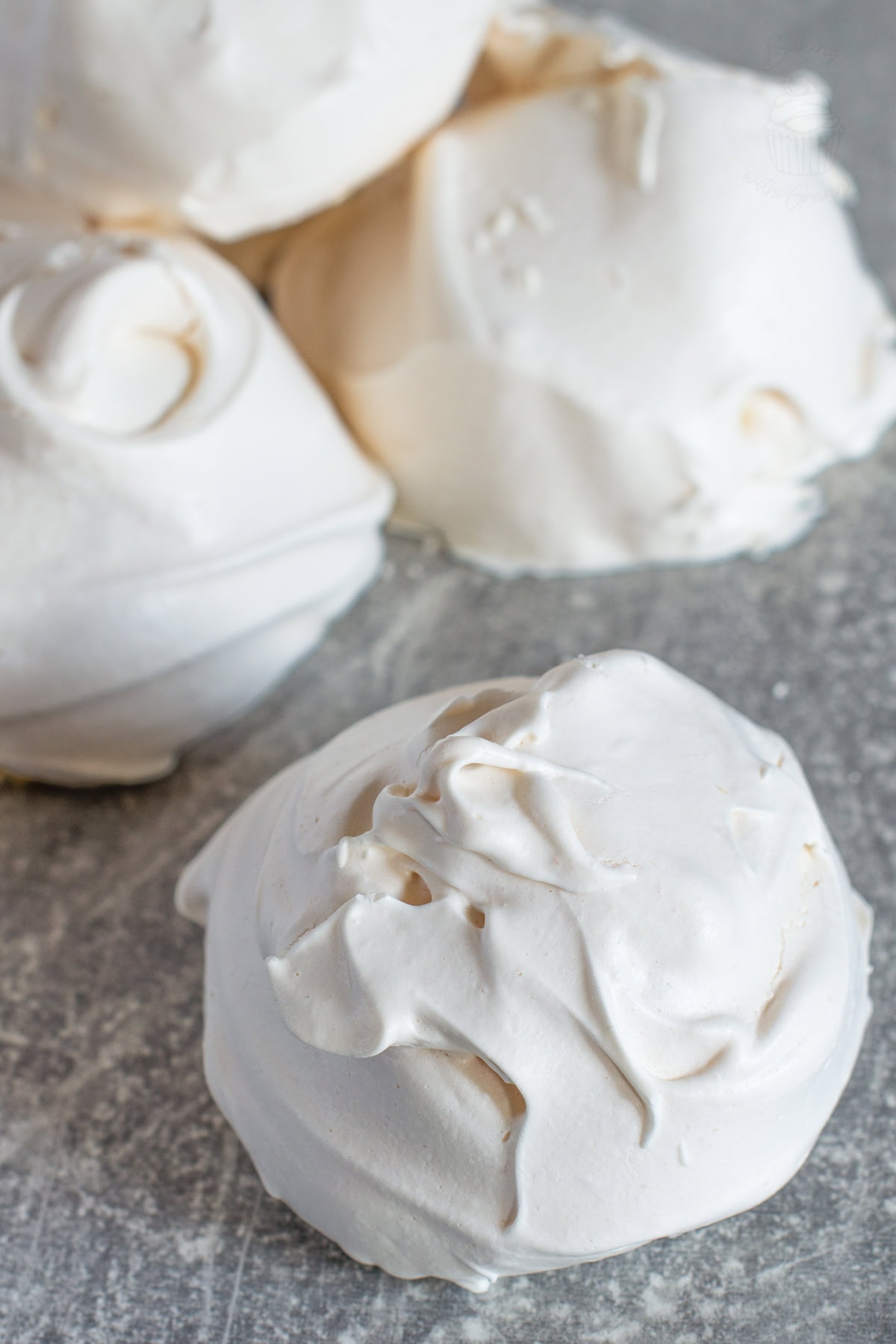
There are a handful of things that my Mum has baked throughout my childhood, which to this day can transport me back in time. Just the mere smell of meringues baking takes me back to Granny’s kitchen circa 1998, when she used to churn out dozens of them for the local cafes to serve.
Truth be told, I never really appreciated a meringue until I was an adult. They were just one of those bakes that were always in supply at Granny’s house, but that we never really got the opportunity to eat.
Plus, the idea of sugary eggs wasn’t something I really fancied as a kid! But when I hit adulthood and tried an Eton Mess for the first time, suddenly my mind was blown. Sugary eggs were absolutely delicious, especially when topped with cream and berries! Who’d have thought?!
More than just the sugary eggs I thought they were, the perfect meringue has that crunchy, crumbly white shell. And inside is the airy, slightly chewy, mallow-like middle. Sweet on its own but balanced out beautifully with some cream, fruit, or ice cream, on top of a cake or on a lemon pie! The uses for meringues are only limited by your own imagination.
Often, people are scared to try baking meringues – presumably because it can seem like there are a lot of stages where things can go wrong.
That being said, if you follow my simple meringue recipe and tips to the letter, you too can open up the world of successful homemade meringue making for yourself. Plus, there are very few recipes which only contain two ingredients – that’s another thing that makes meringues great.
Meringues use egg whites, but don’t just bin the yolks – use them for Custard Tarts!
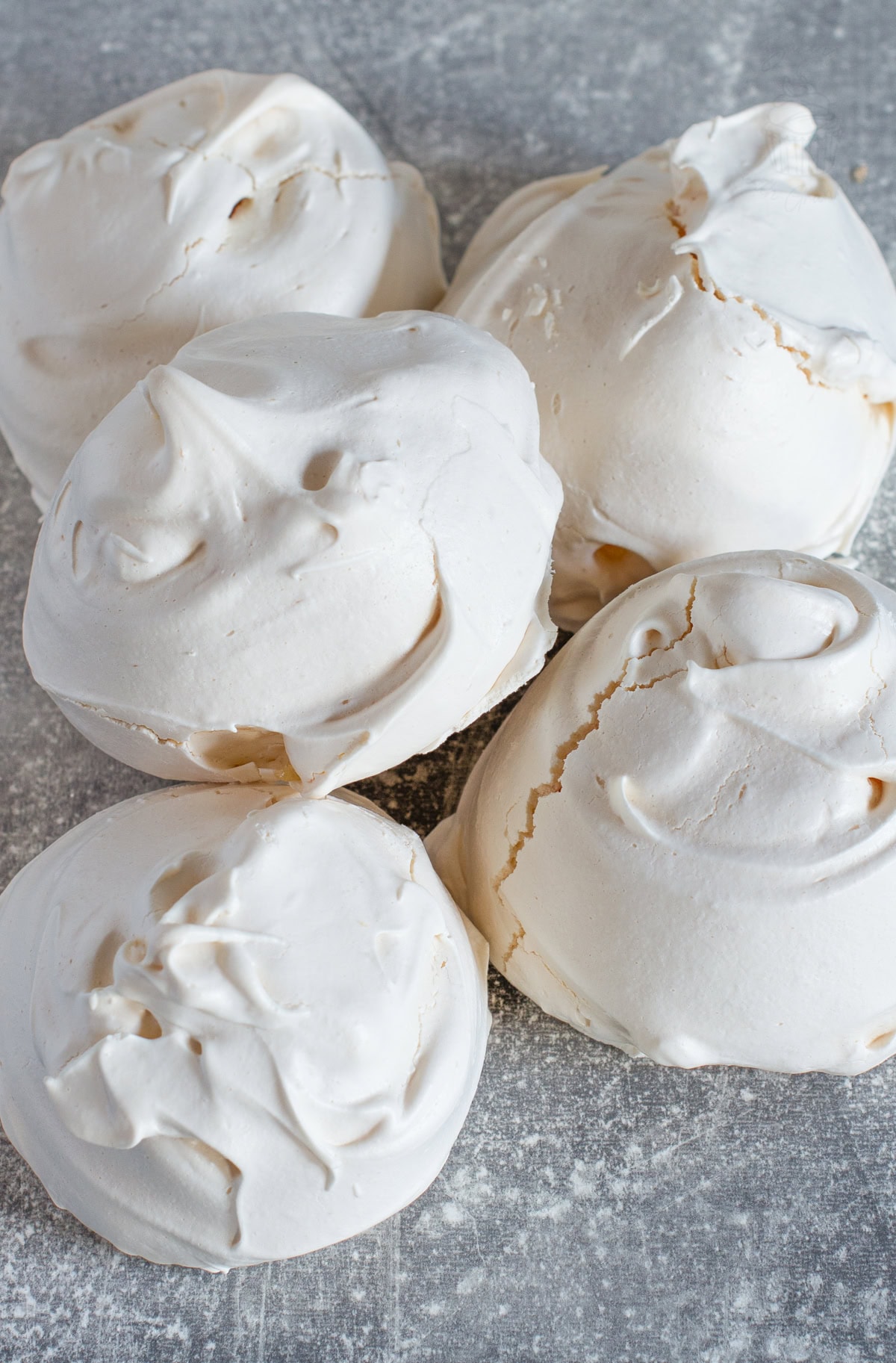
Top Tips for perfect Meringues:
• Keep Everything Spotless: Any trace of grease or moisture can ruin your meringues, so make sure all your equipment is absolutely clean and dry. Wash your bowl, whisk, and spatula in very hot, soapy water, then dry them with a clean paper towel. Avoid touching the inside of the bowl afterwards. If you’re using a piping bag, choose a fresh, unused disposable one to avoid any hidden grease.
• Separate Eggs Carefully: Even a tiny bit of yolk will stop your whites from whisking properly. It’s best to separate each egg into a small bowl first before adding it to your main mixing bowl, just in case one breaks.
• Sugar Matters: Add your sugar slowly, one spoonful at a time, once the egg whites have reached soft peaks. This helps the sugar dissolve completely and gives you that lovely glossy finish. Undissolved sugar can lead to weeping or grainy meringues once baked.
• Low and Slow: Meringues don’t so much bake as they dry out. Use a low oven temperature and plenty of patience. Once baked, leave them to cool in the oven with the door slightly ajar to prevent cracks caused by sudden temperature changes (unless you’re making Eton Mess, in which case a few cracks are just fine!).
• Secure Your Baking Paper: To stop your greaseproof paper from sliding around, dab a small blob of the meringue mixture onto each corner of your baking sheet before laying the paper on top. It’ll hold everything neatly in place while you pipe or spoon your meringues.
• Mind the Weather: Humidity is the enemy of meringue! Try to avoid making them on very damp or rainy days, as they can turn sticky or chewy instead of crisp.
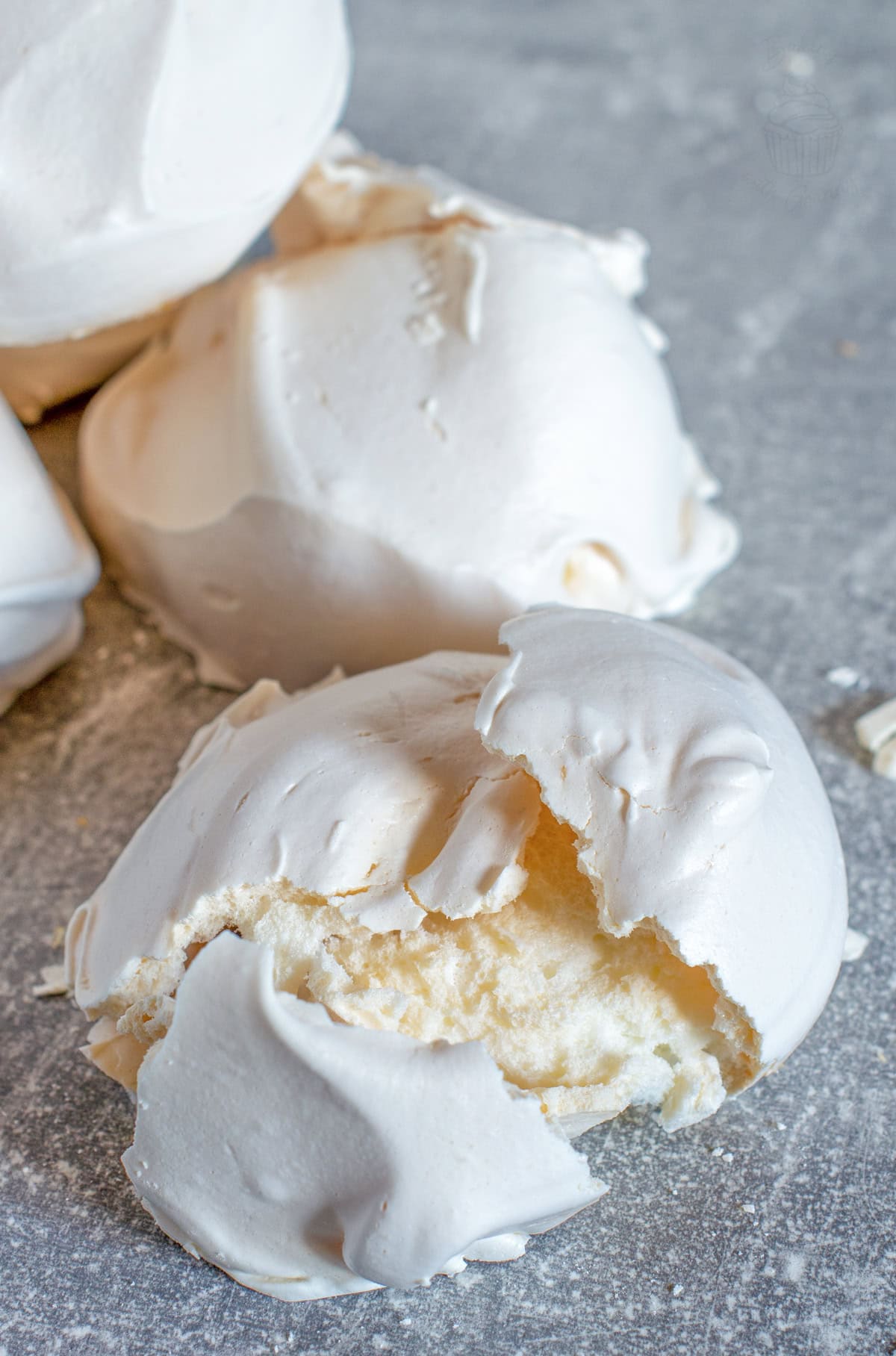
Save this recipe!
Want to save this recipe for later? Pop your email below and come back to it when you’re ready to bake.
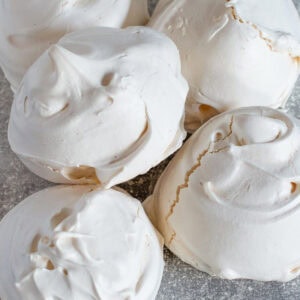
Meringues
EQUIPMENT
- Electric Hand Whisk
- Piping Bag (optional)
INGREDIENTS
- 3 Free-range Egg Whites ((whites only))
- 150 g Caster Sugar (Superfine Sugar)
INSTRUCTIONS
- Ensure all your equipment is clean and completely free from any grease before starting.
- Preheat your oven to 110°c (100°c for fan assisted ovens, Gas Mark ¼ or 230°F) Line a baking sheet with some greaseproof paper and set aside.
- In your clean bowl, whisk your egg whites until they reach soft peaks. Using an electric hand whisk is preferable, as it will ensure a steady whisking speed and take less time, although whisking by hand is of course possible too.
- Once your egg whites have reached soft peaks, continue to whisk whilst them whilst adding the sugar a spoonful at a time, ensuring each spoonful is mixed in before adding the next.
- As you add the sugar, you should see the mixture start to thicken and become a glossy white. Continue to mix until all the sugar is added and the mix has reached stiff peaks.
- Once the mixture has reached stiff peaks, you are ready to make your meringue shapes. You can use a piping bag to create uniform meringues, or simply spoon them into little mountains. This recipe will make about 4 large meringues, 6 medium meringues, or many small ones – depending on how small you go.
- Spoon or pipe your meringues onto the pre-lined baking sheet, leaving a little space between each. Place the meringues into your pre-heated oven and bake for 1.5-2 hours – depending on the size of your meringues (the smaller the meringue, the quicker they'll bake).
- After your baking time, switch the oven off and leave the meringues in situ. Allow them to cool in the oven before removing – this helps prevent the meringues from cracking from the sudden change in temperature outside the oven.
IMPORTANT NOTE:
All my recipes are developed using a digital scale and the metric system (grams and millilitres). Cup measurements are available as a conversion but these, unfortunately, won’t always be as accurate. For best results, I always recommend baking with a digital scale.
RECIPE NOTES:
- Storage: Once completely cooled, store your meringues in an airtight container at room temperature. They’ll keep for up to 2 weeks. Avoid the fridge, as moisture will make them soft and sticky.
- Freezing: Meringues don’t freeze well, as they tend to absorb moisture and lose their crispness.
- Make Ahead: Perfect for preparing in advance! Bake your meringues a few days before you need them and keep them in a dry, airtight container until serving.
- Substitutions:
- Eggs: For vegan meringues, use aquafaba (the liquid from a tin of chickpeas) in place of egg whites – around 3 tbsp per egg white.
- Sugar: Caster sugar is best for dissolving evenly into the egg whites, but you can use granulated sugar if that’s what you have – you’ll just whisk for a bit longer. Golden caster sugar is also a great alternative, for meringues with a more caramel flavour and a golden hue.
If your meringues weep or turn sticky, the sugar may not have fully dissolved, or the day may have been too humid. To check if the sugar has dissolved, rub a small bit of the mixture between your fingers – it should feel smooth, not gritty.
Meringues are made from just two ingredients – egg whites and sugar. The egg whites are whisked until light and fluffy, then sugar is gradually added to create a glossy, stiff mixture that bakes into crisp, airy shells.
To make meringues, whisk clean egg whites until they form soft peaks. Gradually add caster sugar, a spoonful at a time, whisking until the mixture is thick, glossy, and forms stiff peaks. Spoon or pipe onto a lined baking sheet and bake at a low temperature until crisp and dry.
You absolutely can, but it’s quite the arm workout! A hand whisk will do the job eventually, but an electric hand or stand mixer makes the process much quicker and ensures consistent peaks.
Cracks usually happen when meringues cool too quickly. To avoid this, turn the oven off once baked and leave them inside until they’re completely cool.
Sticky meringues are often caused by undissolved sugar or humidity in the air. Always add the sugar slowly so it dissolves fully, and for the best chance of success try to avoid making meringues on damp or rainy days.
Yes, you can use pasteurised egg whites from a carton or reconstituted powdered egg whites, but results can vary. Fresh egg whites tend to whip up with more volume and stability, giving the best texture.
If using carton egg whites, make sure they’re labelled as suitable for whipping – some brands are designed for cooking only and won’t reach stiff peaks.
Powdered egg whites can work well if mixed exactly to the packet instructions and whisked for a little longer.
Both options should come with instructions to tell you how much is needed to replace a whole egg (minus the yolk).
Yes, as long as you have a big enough oven to bake them straight away. Meringues don’t do well when left to sit – you really want to get them straight in the oven. This recipe will give you a large baking sheet full of meringues, so you should be fine to double-up with most ovens.
Free-from & Vegan:
• Gluten-Free: Classic meringues are naturally gluten-free, as they contain only egg whites and sugar. Just make sure any decorations or added flavours (like sprinkles or flavour extracts) are certified gluten-free too.
• Dairy-Free: Meringues are also naturally dairy-free – there’s no butter, milk, or cream involved. Just be mindful if you’re serving them with whipped cream or other toppings.
• Nut-Free: Traditional meringues are nut-free, but if you’re adding decorations or serving with nut-based toppings, double-check those ingredients.
• Vegan: You can make completely egg-free meringues by using aquafaba – the liquid from a tin of chickpeas – instead of egg whites. Use 3 tablespoons of aquafaba for each egg white, and whisk it just as you would traditional meringues. It takes a little longer to reach stiff peaks, but the end result is beautifully crisp and sweet.
N.B. Any advice or suggestions to make recipes “free-from” or vegan are purely that – suggestions. Please be careful to double-check all ingredients individually, taking extra caution when serving to those with allergies & intolerances.
For more info on common food allergies, please see food.gov.uk | For more info on coeliac disease, please see coeliac.org.uk | For more info on a vegan diet, please see vegansociety.com
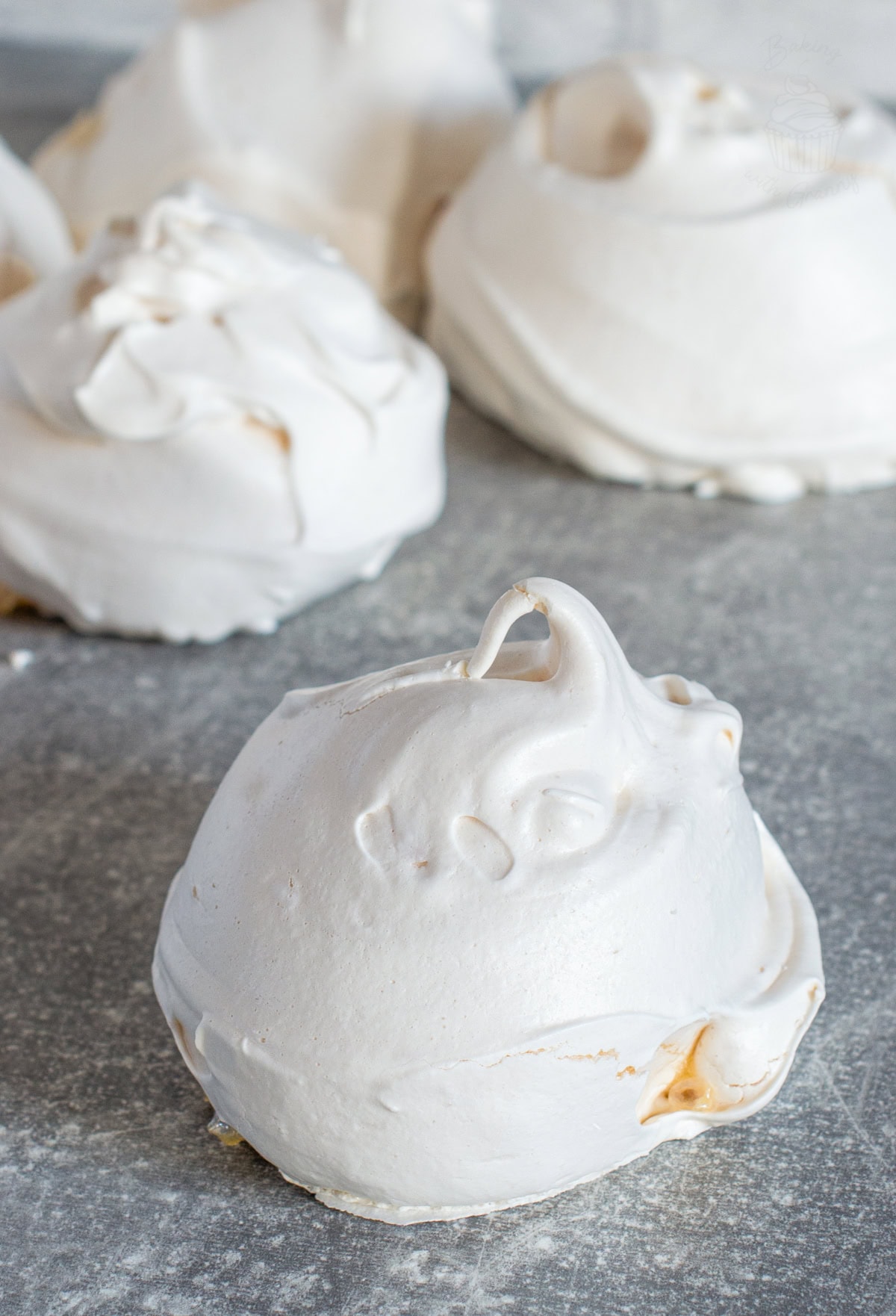
Originally published in April 2021. Updated in October 2025.

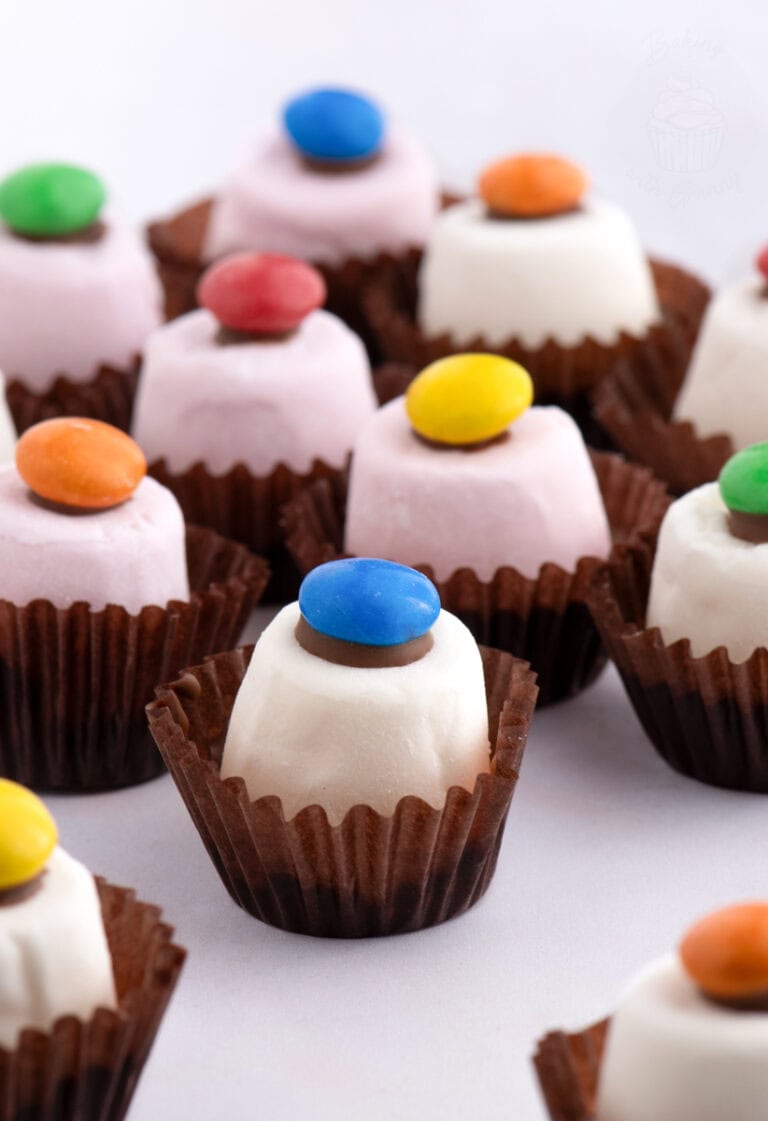
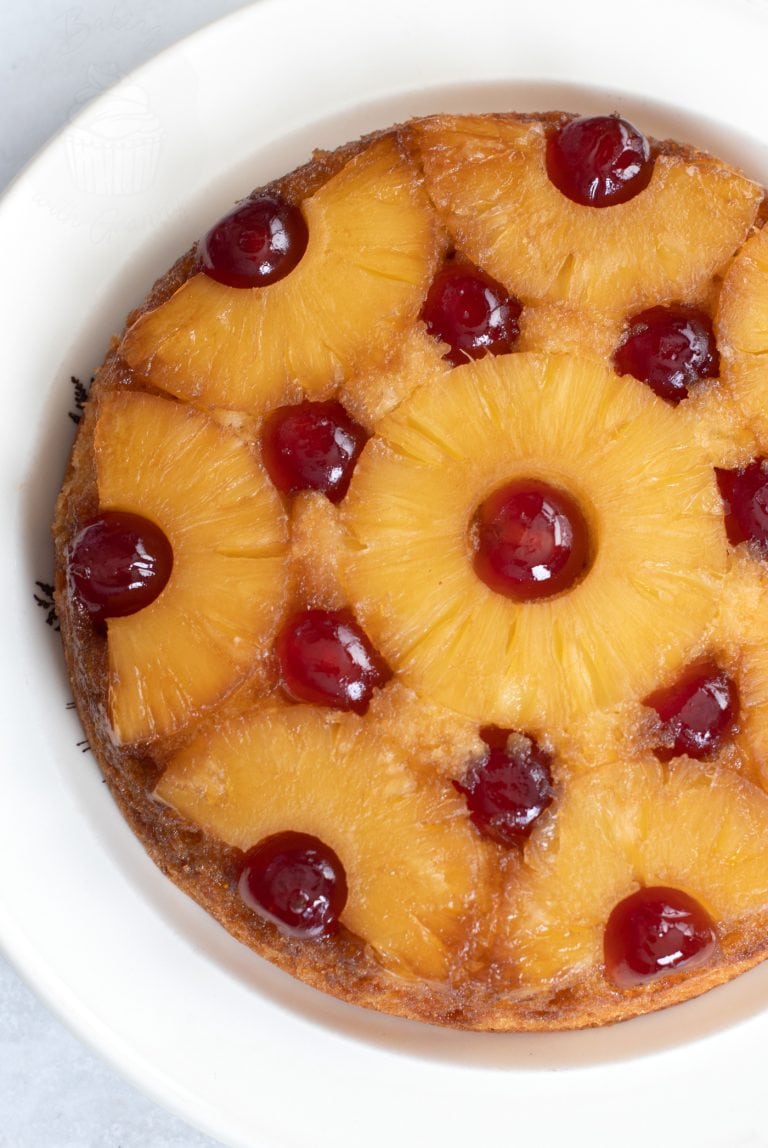
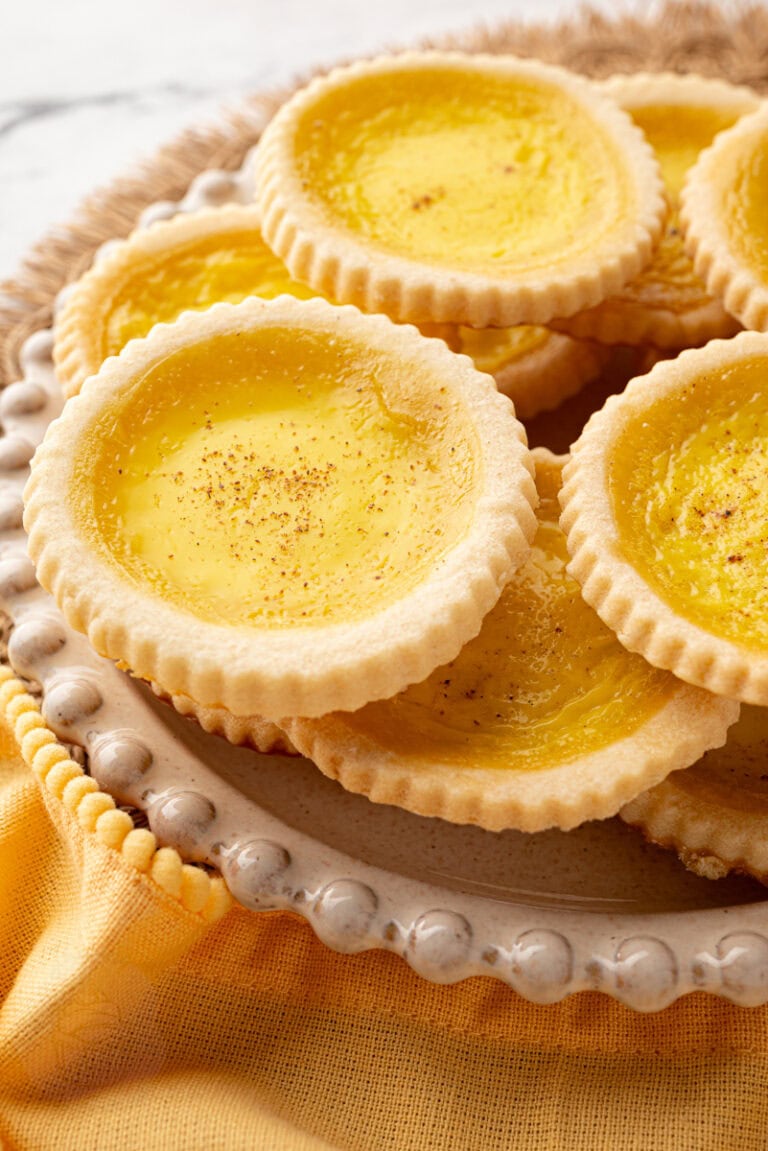
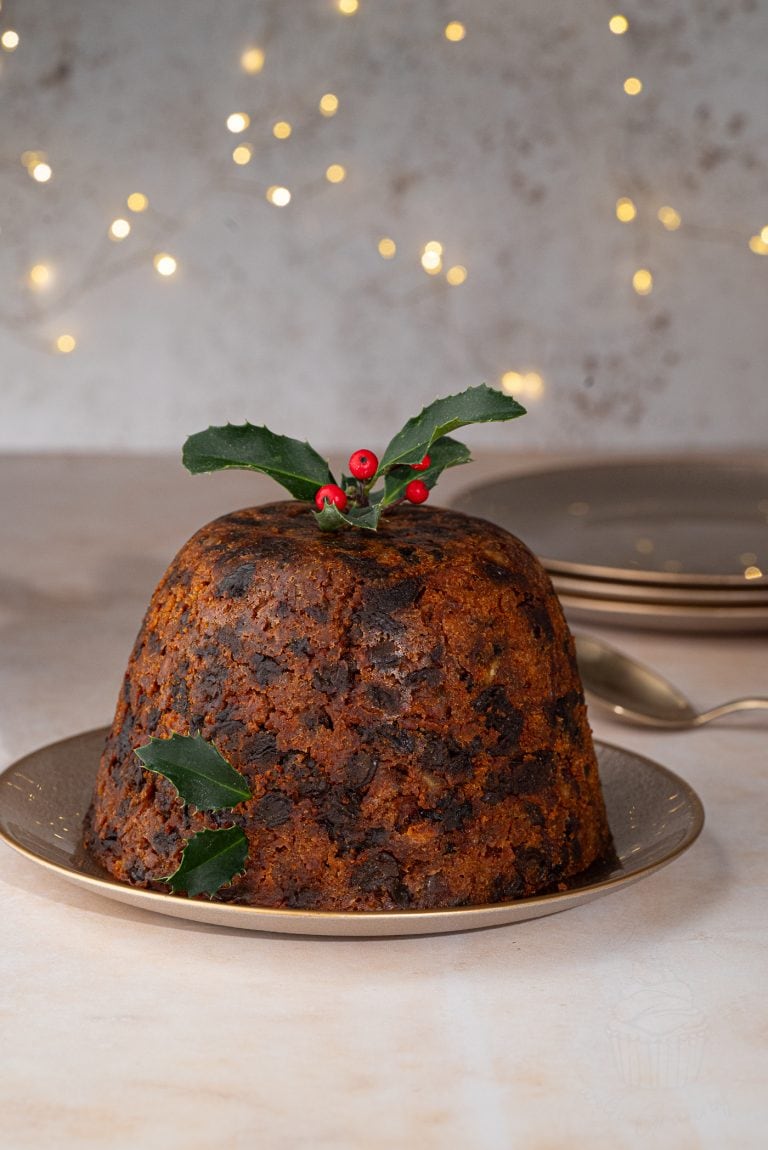

Excellent recipe, easy to navigate. The only tweak I would suggest is to use baking parchment, it is silicone backed and non stick, even meringues ! Good luck.
Always great recipes
Just as I did them. The cleanliness is so very important. These are real proper meringues.
I made meringues regularly for a weekly coffee morning, before lockdown and for family birthdays. I haven’t made any for over a year and now you’ve reminded me this may be a good time to start, despite the fact sugar doesn’t have a good reputation! My daughter has made them, very successfully, with aquafaba.
Never made meringues before.
Quick and easy recipe and a great success.
Thank you .
Definitely going to make these. Thank you so much for the recipe. Love your website. ❤❤❤
Lovely recipe that’s easy to follow.
Wondering if these can be made with light soft brown sugar? Anyone tried?
Not sure about soft brown sugar, but I use golden caster which creates a lovely off white meringue.
okay but granny really popped off this time
loved these oml
Excellent can’t go wrong recipe
Can you double or triple up the recipe ?
I tried the meringue’s after the first lot of custard tarts I made, It was going well till I tried to add some orange flavouring then the mix went water, this time no flavouring the mix was lovely and stiff the meringue’s are the best I have ever done.
Great recipe thank you.